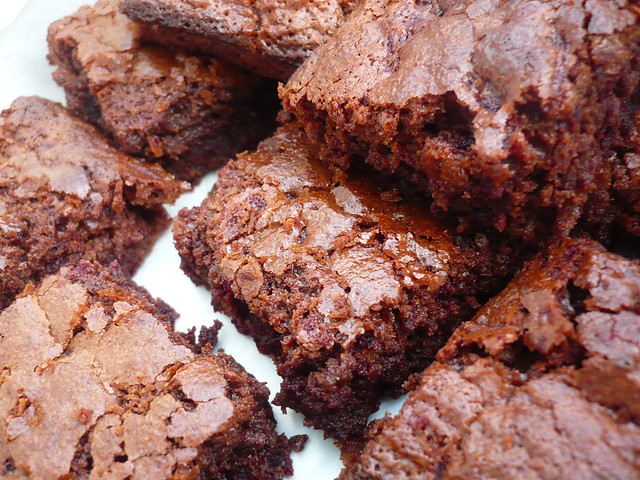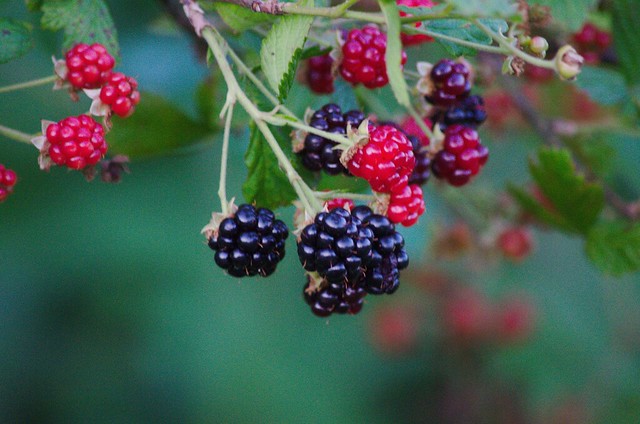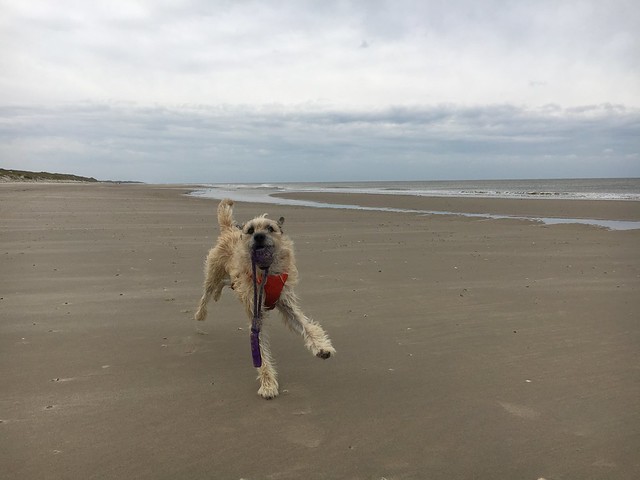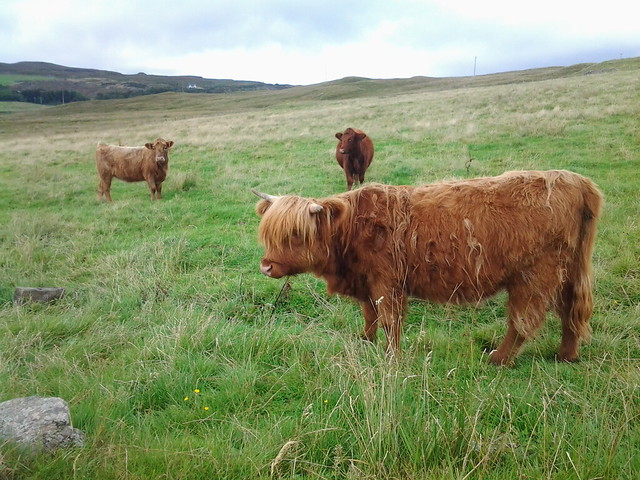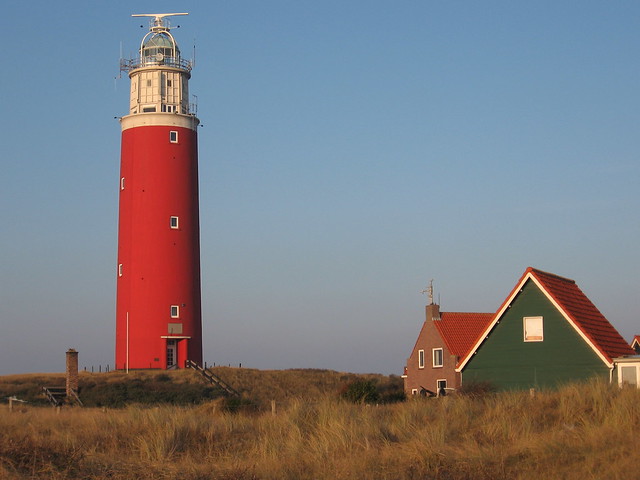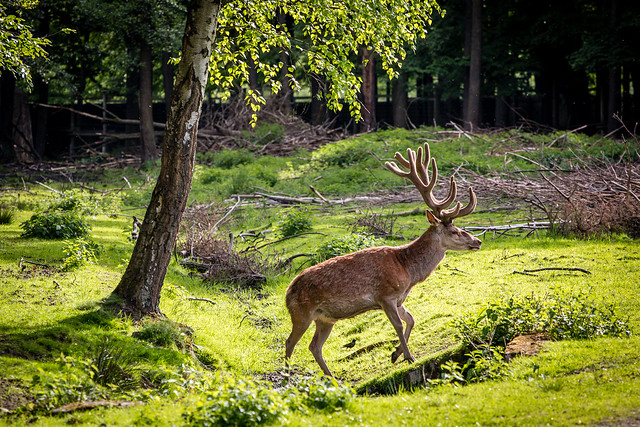What would you call a knitted woolen hat with a bobble on top?
I would call it a bobble hat, and I discovered yesterday that in French such a hat is called un bonnet à pompons or un chapeau à pompons or simply un bonnet. What about in other languages?
Bonnet [bɔ.nɛ] also means hat, cap, beanie, knit cap, skully, stocking cap or (bra) cup. Other types of bonnet include:
- bonnet d’âne = dunce’s cap
- bonnet de bain = bathing cap, swimming hat
- bonnet de nuit = nightcap
- bonnet de police = forage cap
- bonnet de douche = shower cap
A bigwig, or “person of consequence”, is un gros bonnet, and the French equivalent of six of one, half a dozen of the other is bonnet blanc, blanc bonnet.
Bonnet comes from the Middle French bonet, from the Old French bonet (material from which hats are made), from the Frankish *bunni (that which is bound), from the Proto-Germanic *bundiją (bundle), from the Proto-Indo-European *bʰendʰ- (to tie).
The English word bonnet comes from the same root, and can refer to various types of headgear, particularly a type of hat usually framing the face and tied with ribbons under the chin and worn mainly by females.
In Scots a bonnet/bunnet refers to “A head covering for men or boys, including all kinds of caps, but not hats”.
Sources: ReversoDictionary, Wiktionary, Dictionaries of the Scots Language / Dictionars o the Scots Leid


